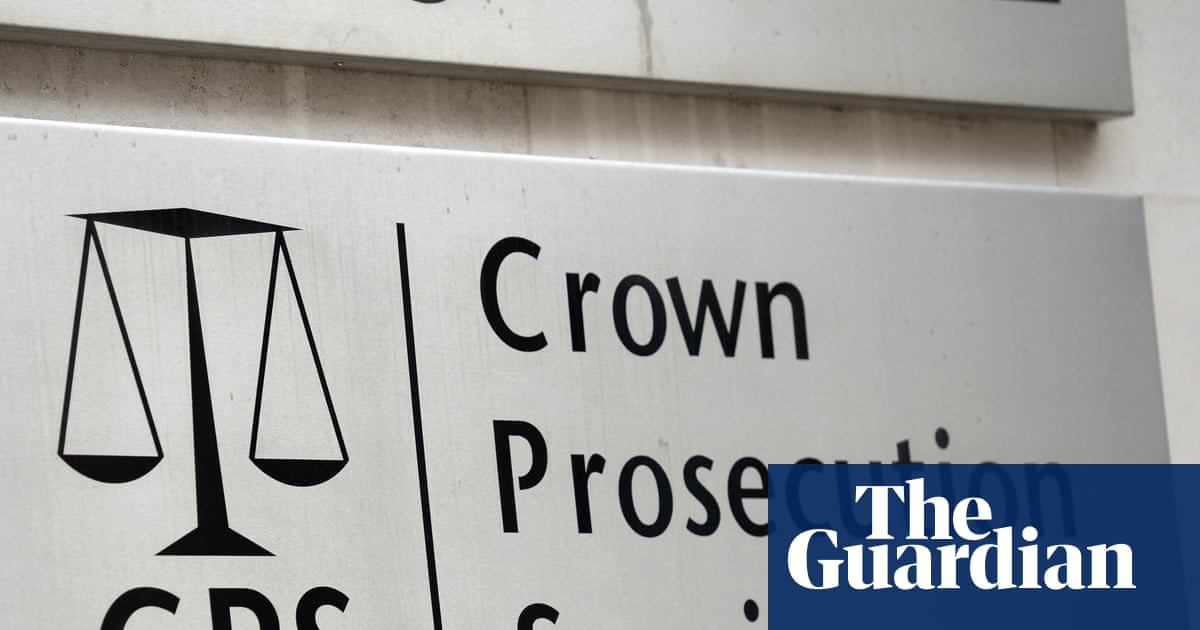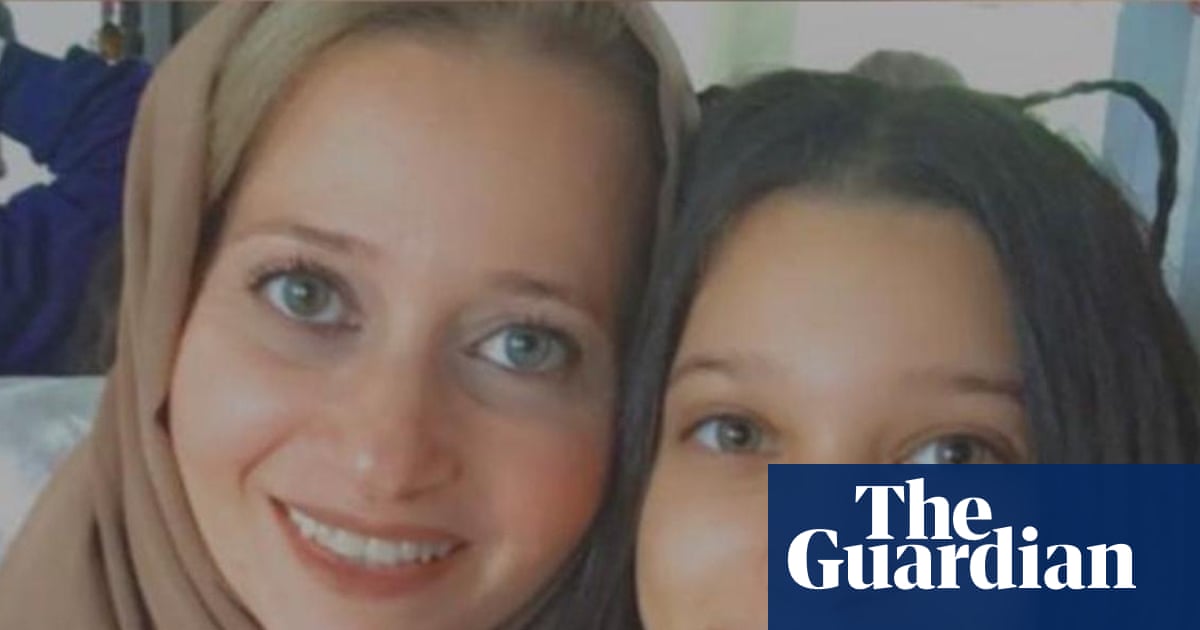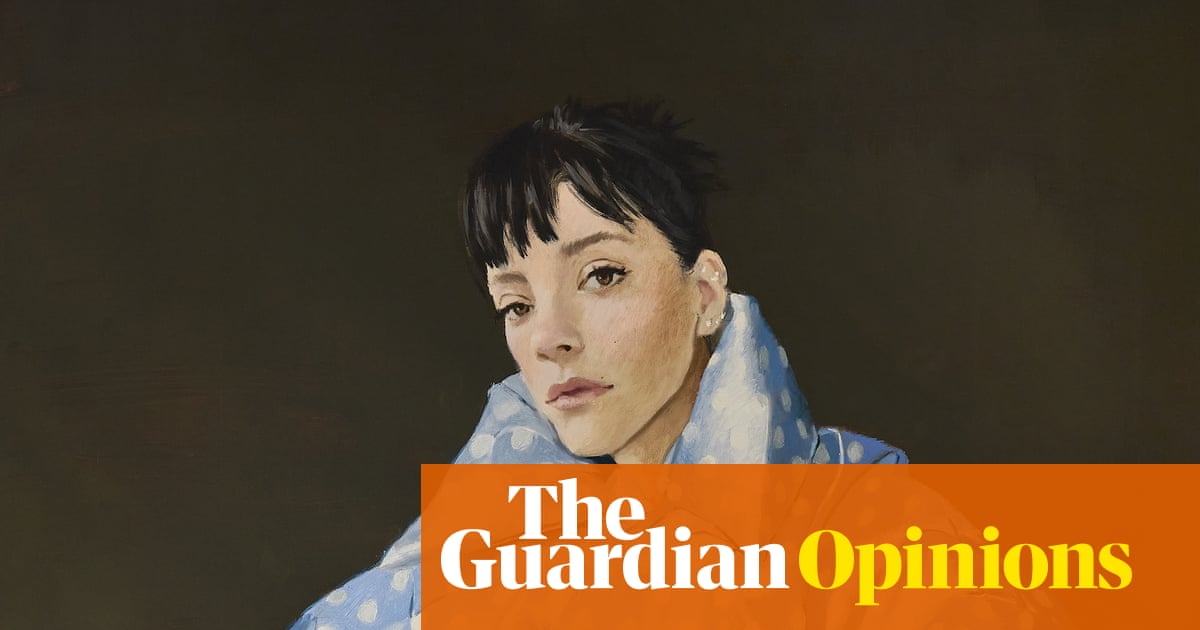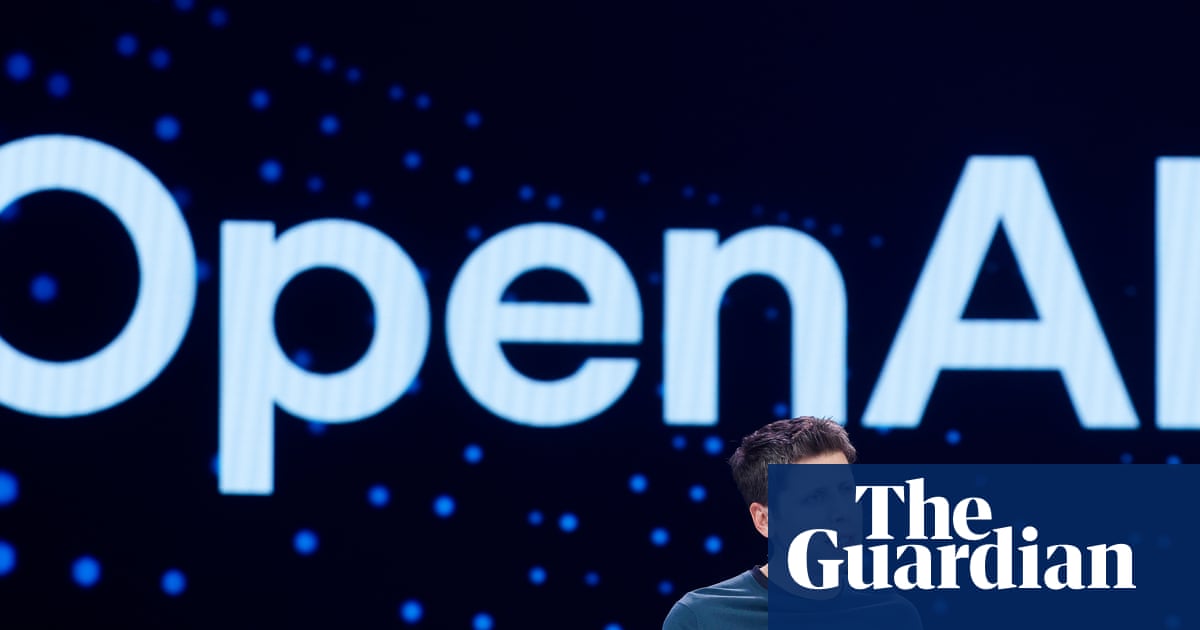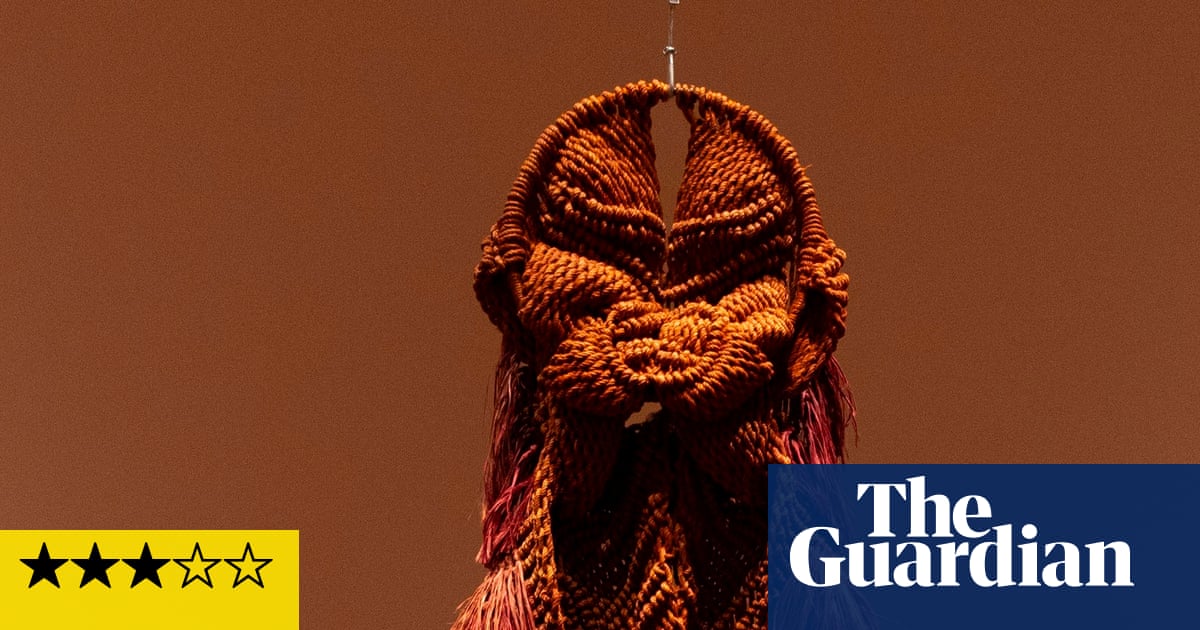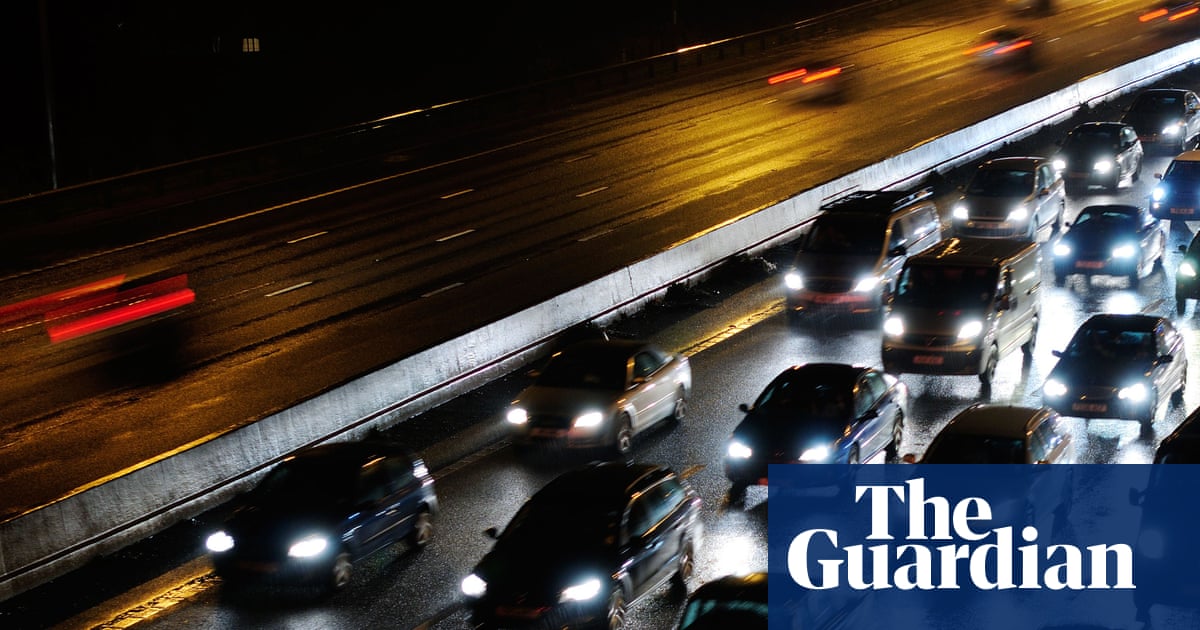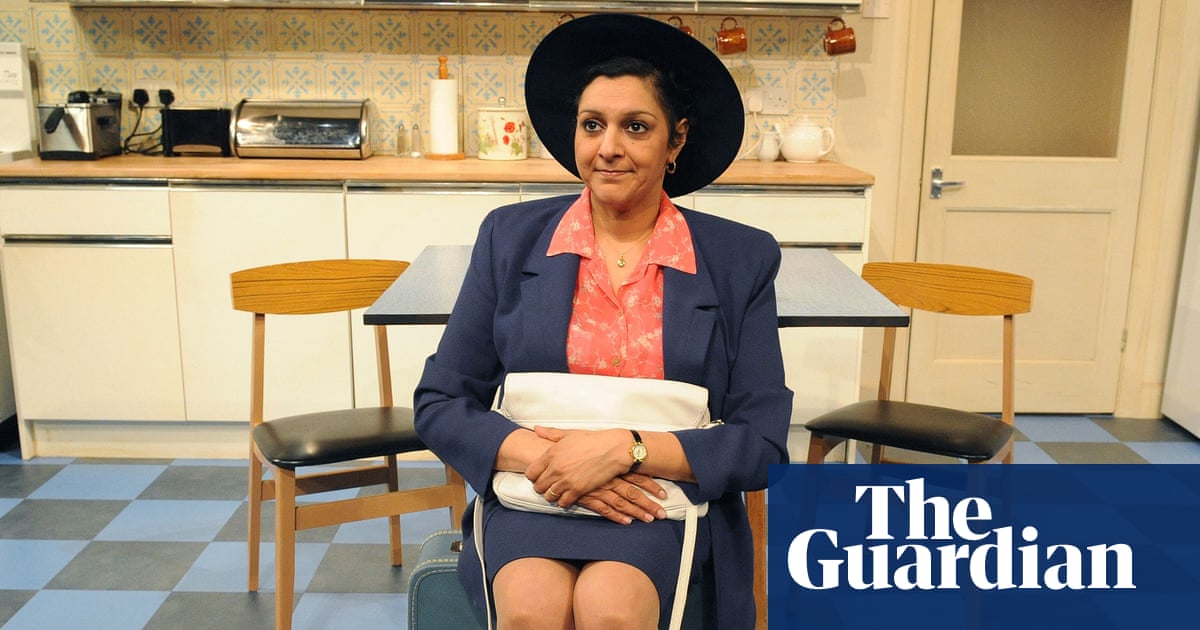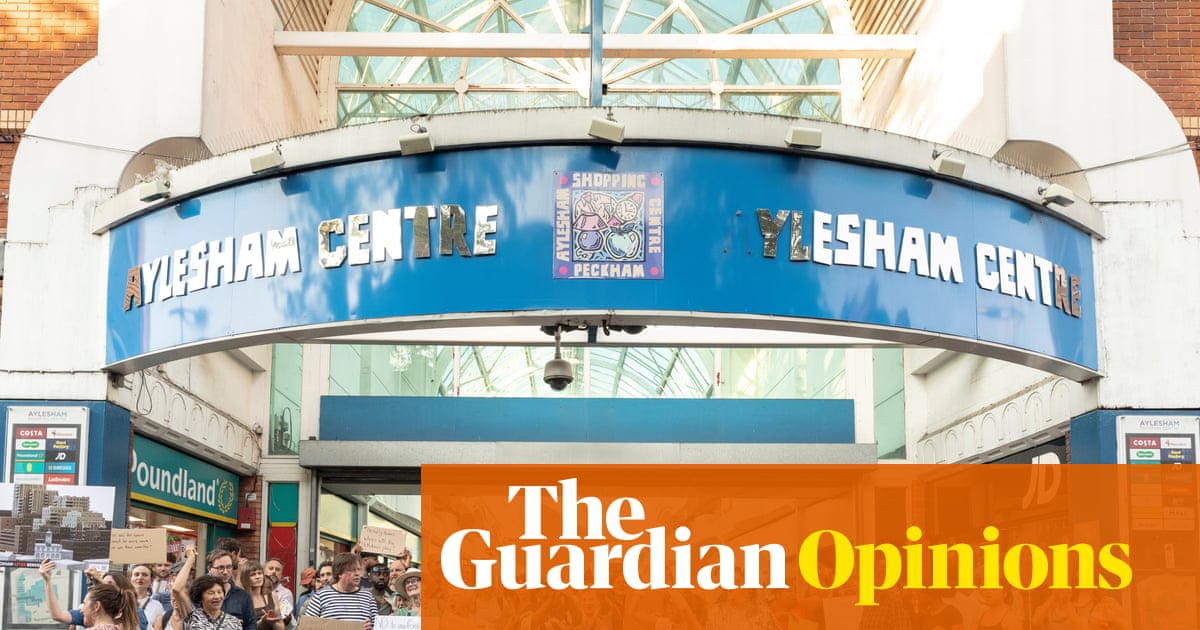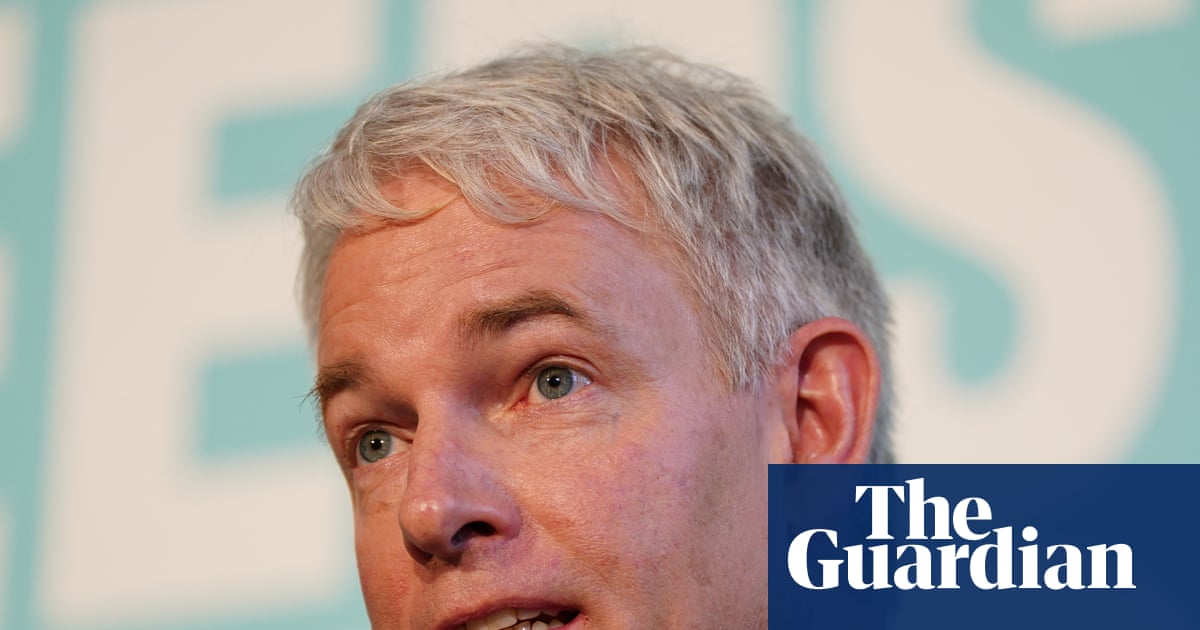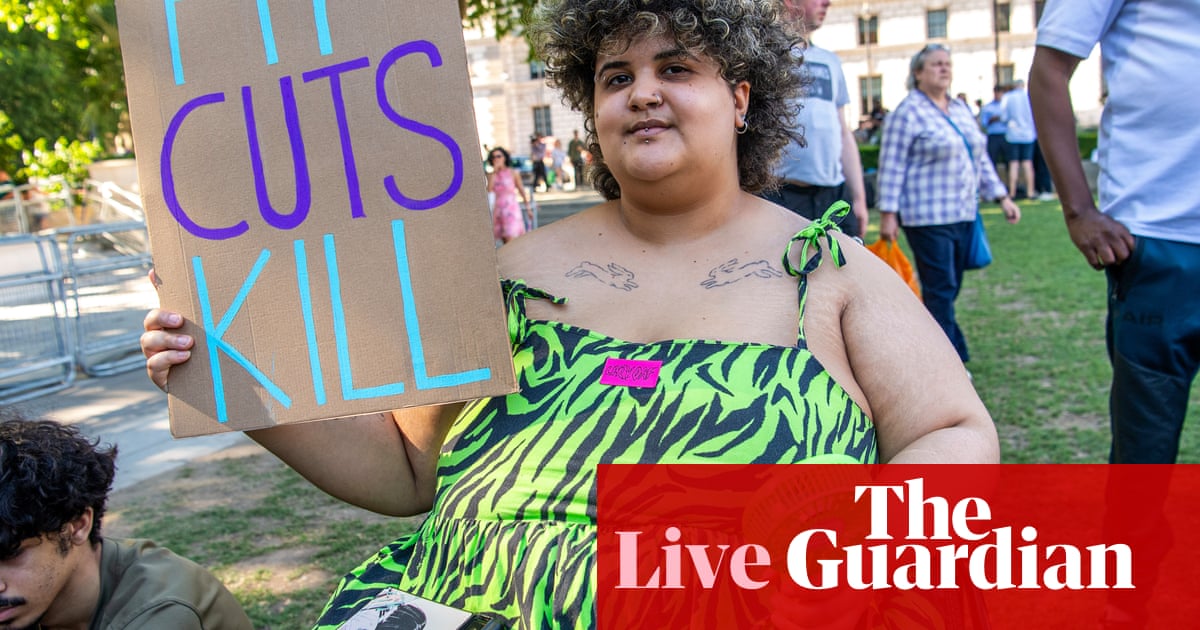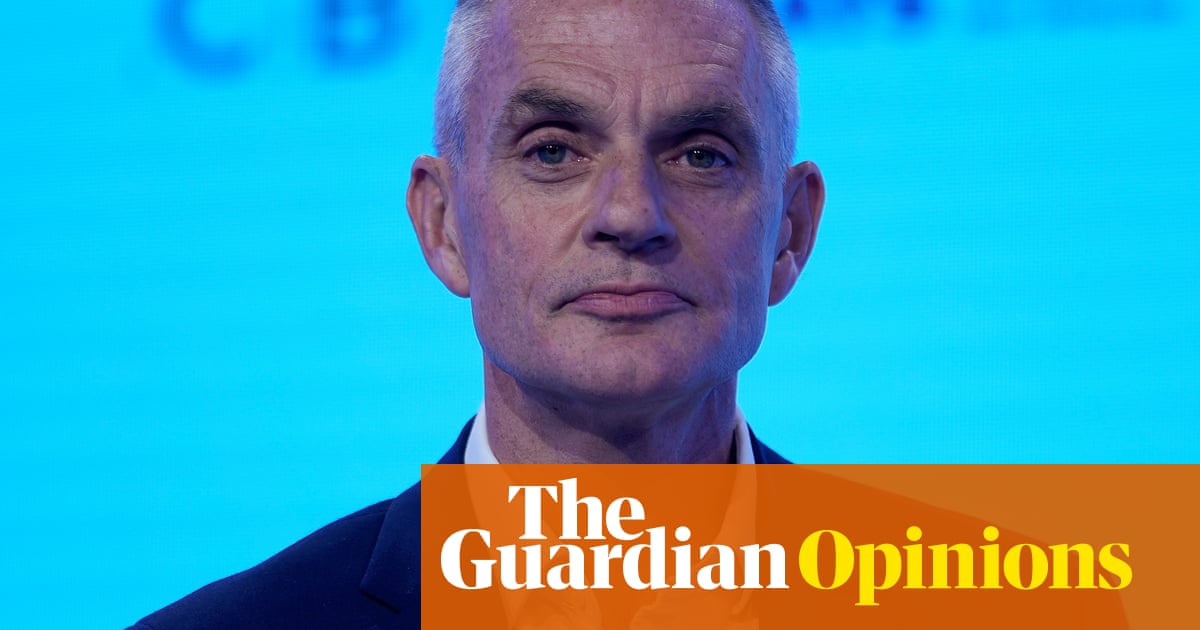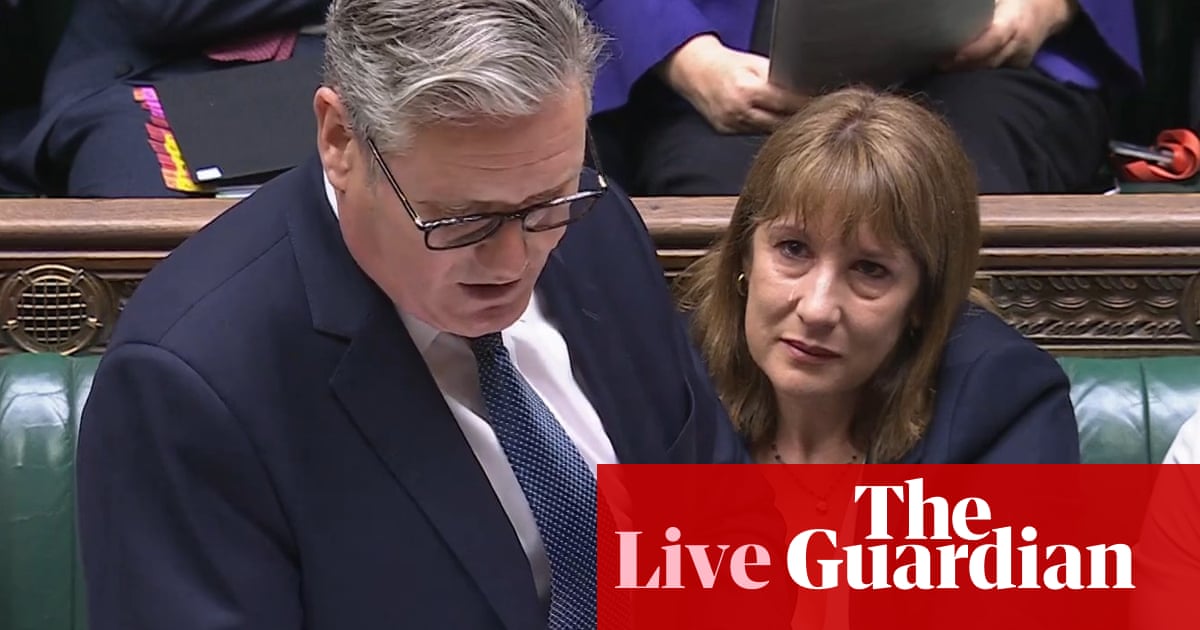When the world’s biggest healthcare scheme works, it allows tens of thousands of Indians petrified of the catastrophic cost of hospital treatment to breathe easy – Indians such as Mahesh Kumar Sharma, a 60-year-old farmer from Madhya Pradesh who is a patient at the National Heart Institute in the capital, Delhi.
A top cardiologist, Dr OP Yadava, has carried out open-heart surgery to replace his mitral valve. The immaculate ward, medicine, food, tests and treatment are of the same standard provided to paying patients at the institute. But for Sharma, it is all free.
Under the Ayushman Bharat medical insurance scheme, launched in 2018, poor patients are entitled to cover worth 500,000 rupees a year for each family. Most importantly, the treatment is available not only at the crowded and frenetic government facilities but also at private hospitals across India that offer a better standard of care. So far, 822m Ayushman Bharat health account (ABHA) numbers have been issued.
Sitting on his hospital bed, Sharma, who is about to be discharged, calls his treatment a miracle.
“I have no savings; my wife has no gold jewellery,” he says. “I would have had to sell my land or borrow from a money lender. I might have got cured but the debts would have killed me. But under Ayushman, here I am, cured and well – and all free of cost,” he says.
Once Sharma has been discharged from hospital, the institute will send the bill to the federal government for reimbursement. But this is where the scheme is foundering. Nationwide, the unpaid claims for medical care stand at more than 1tn rupees (£8.5bn). In the state of Kerala alone, there are 4bn rupees in pending claims.
The Indian Medical Association (IMA) has written to the government of its deep concern over outstanding bills. “The aim of providing free, quality healthcare for India’s poorest is at risk,” says Dr Rajan Sharma, former president of the IMA.

“The government has won a lot of political goodwill among voters through this scheme,” he says, “but the price is being paid by hospitals.”
The doctor points out the scale of costs that hospitals have to pay while they are waiting to be reimbursed – doctors’ and nurses’ salaries, medicines, electricity, IT systems and more.
The result has been financial disruption and serious cashflow problems. Hospitals are being asked to pay tax on income they have not received.
“The bills have to be paid promptly,” he says. “They are meant to be paid within two weeks but they don’t come for four to six months or more.”
Often the delays are down to complicated paperwork. Claims can be rejected or delayed over trivial issues such as misprints or minor discrepancies.
But there is also a large amount of fraud, such as false claims made for nonexistent patients and inflated bills, and so scrutinising applications takes more time.
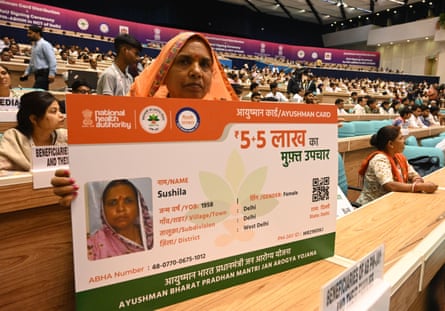
But these problems are of no consolation to hospitals waiting months to be paid. In Haryana state, the situation became so dire that 650 private hospitals refused to admit or treat any Ayushman patients while almost 5bn rupees of bills remained unpaid. The standoff meant patients suffered.
“I went from hospital to hospital for my gallstones but I was turned away. A big sign on the door said ‘Ayushman is suspended’,” says Amit Kumar, a 32-year-old labourer who was forced to go to a private hospital and pay.
The suspension forced the government to the table for talks with the hospitals and a large amount of the dues was hastily paid.
That was just one out of India’s 28 states but doctors warn that unless blanket reform means payments are made on time to hospitals, one of the principal schemes of the prime minister, Narendra Modi, could be at risk.
after newsletter promotion
“Ayushman Bharat is a revolutionary step towards providing affordable healthcare to the poor and vulnerable sections of society,” Modi said when the scheme was launched to much fanfare and popular support.
In the seven years since it was launched, almost 100m hospital admissions have taken place. Ayushman, which provides free cover to about 40% of India’s population, brought a radical change in attitude to the word “hospital”, which once struck terror into the heart of families. Some of the poorest in India, on receiving a serious diagnosis, would have quietly left the doctor’s clinic with the patient and kept them at home, untreated.
Rashi Bhatt, a social worker who works in the slums of Jodhpur in Rajasthan, says: “It seems cruel but they have to choose whether to spend scarce money on feeding young children or treating an elderly parent who has had a life.”
In another ward at the National Heart Institute, Karishma Aggarwal, 27, is due to be treated for a hole in her heart. A commerce undergraduate from Lucknow, her parents live off her father’s small pension.
“I would have felt very guilty if my parents had been forced to borrow for the treatment. Being under Ayushman has lifted a huge burden from our minds,” she says.

Ayushman Bharat has also helped prevent diseases. Poorer Indians would once have avoided screening and preventive testing – what was the point of knowing one had a disease when they did not have the money for hospital treatment?
Critics of Ayushman Bharat welcome the relief it provides but note that the gap between the grand claims made for the scheme by Modi’s government and the reality is wide, and say the outstanding payments issue must be addressed urgently for the scheme to remain viable. They also point out that the payments the government promises have not kept pace with inflation since 2021.
One doctor says the rates were so low that his hospital was “essentially practising charity” when treating Ayushman patients.
The financial risk is commonly thought to be why India’s big corporate healthcare chains such as Max and Fortis have not joined the scheme.
“No one can deny the worthiness of the scheme,” says Sharma. “The scale is monumental. But it can only work if the government keeps its part of the bargain and pays on time and pays a fair rate for the treatment.”

.png) 10 hours ago
8
10 hours ago
8


